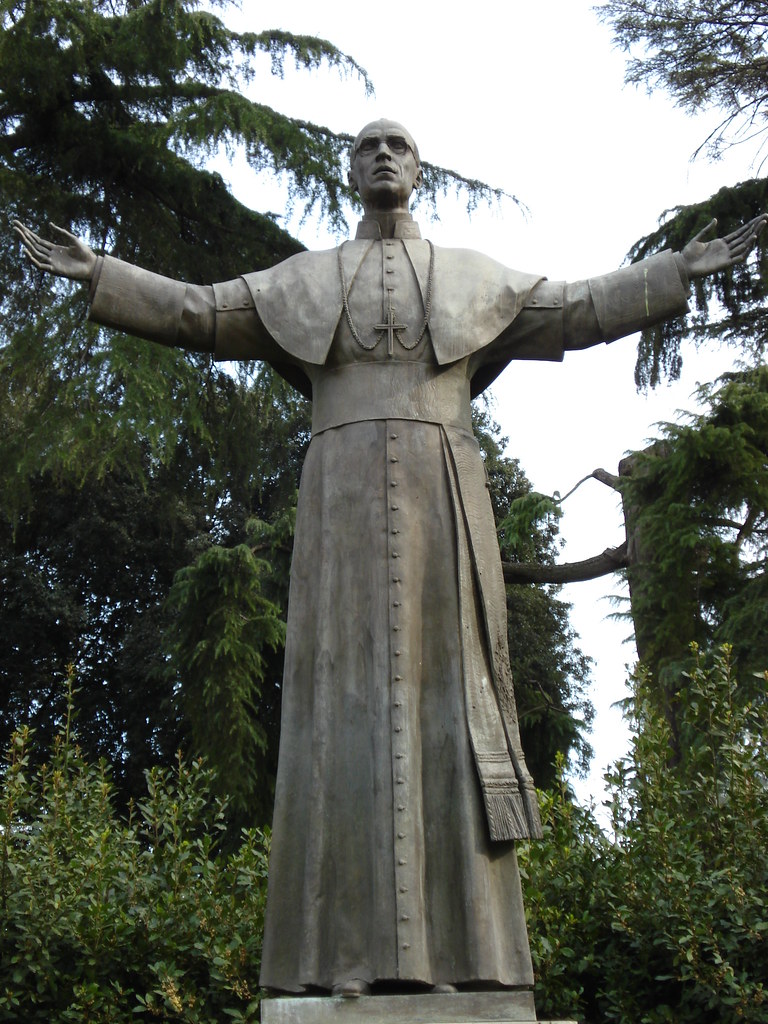Justice: Rights and Wrongs by Nicholas Wolterstorff (May 2, 2010) by Nicholas Wolterstorff
He traces our intuitions about rights and justice back even further, to Hebrew and Christian scriptures. After extensively discussing justice in the Old Testament and the New, he goes on to show why ancient Greek and Roman philosophy could not serve as a framework for a theory of rights.
Connecting rights and wrongs to God's relationship with humankind, Justice not only offers a rich and compelling philosophical account of justice, but also makes an important contribution to overcoming the present-day divide between religious discourse and human rights. Justice: Rights and Wrongs
Nicholas Wolterstorff - 2010 - Preview - More editions Not only does this book reflect the clarity and acuity of thought that characterize Wolterstorff's work, it also reflects the humane sensibilities of someone who has thought and felt deeply about these matters for a long time
MINDING THE MODERN http://tif.li/1IvR8Wr - In his book MINDING THE MODERN, Thomas Pfau argues that the loss of foundational concepts in classical and medieval Aristotelian philosophy caused a fateful separation between reason and will in European thought
May 29th, 2015
 Christmas Day, 1942. The outcome of World War II was undecided, but the pope had something new to say.
Christmas Day, 1942. The outcome of World War II was undecided, but the pope had something new to say.
Christian human rights—An introduction
posted by Samuel Moyn Christmas Day, 1942. The outcome of World War II was undecided, but the pope had something new to say.
Christmas Day, 1942. The outcome of World War II was undecided, but the pope had something new to say.
A month before, the tide at Stalingrad had turned against the Germans. Just two days before, General Erich von Manstein had abandoned his efforts to relieve the Wehrmacht’s doomed Sixth Army. But there was no telling that the extraordinary German strength in the war so far would now ebb quickly.
The Americans had formally entered the war a year before, but the Allies would not reach mainland Italy for another nine months, or make it to Rome for a year and a half. The pope—Eugenio Pacelli, or Pius XII—was in dire straits. His relationship with Benito Mussolini had long since soured, and he was a prisoner in his own tiny Roman domain.
As for the Jews, the worst victims of the conflict, millions were dead already; the victims at Babi Yar had lain in their ravine for more than a year; Treblinka, the most infernal death camp, had come on line six months before and already completed much of its grim work.
Officially, of course, the Catholic Church and its leader were neutral, and didn’t play politics. Many of his flock were to be found on both sides of the war.
May 29th, 2015
Personalism, Community, and the Origins of Human Rights
posted by Samuel Moyn
In the summer of 1947, the Institute for International Law reconvened after a ten-year hiatus.
MINDING THE MODERN http://tif.li/1IvR8Wr - In his book MINDING THE MODERN, Thomas Pfau argues that the loss of foundational concepts in classical and medieval Aristotelian philosophy caused a fateful separation between reason and will in European thought
The Stillborn God: Religion, Politics, and the Modern West Sep 23, 2008 by Mark Lilla
After outlining the political implications of the three different conceptions of divine-human relations, Lilla begins with Hobbes, too, and the "Great Separation" between God and earthly authority that his thinking inspired. Humans being by nature disputatious, barely had desacralized politics got off the ground than the Romantic philosophers Rousseau and Kant argued to bring God back to ground statecraft ethically.
The Common Cause: Postcolonial Ethics and the Practice of ... - Leela Gandhi - 2014 - Preview - More editions
Europeans and Americans tend to hold the opinion that democracy is a uniquely Western inheritance, but in The Common Cause, Leela Gandhi recovers stories of an alternate version, describing a transnational history of democracy in the first ...
No comments:
Post a Comment